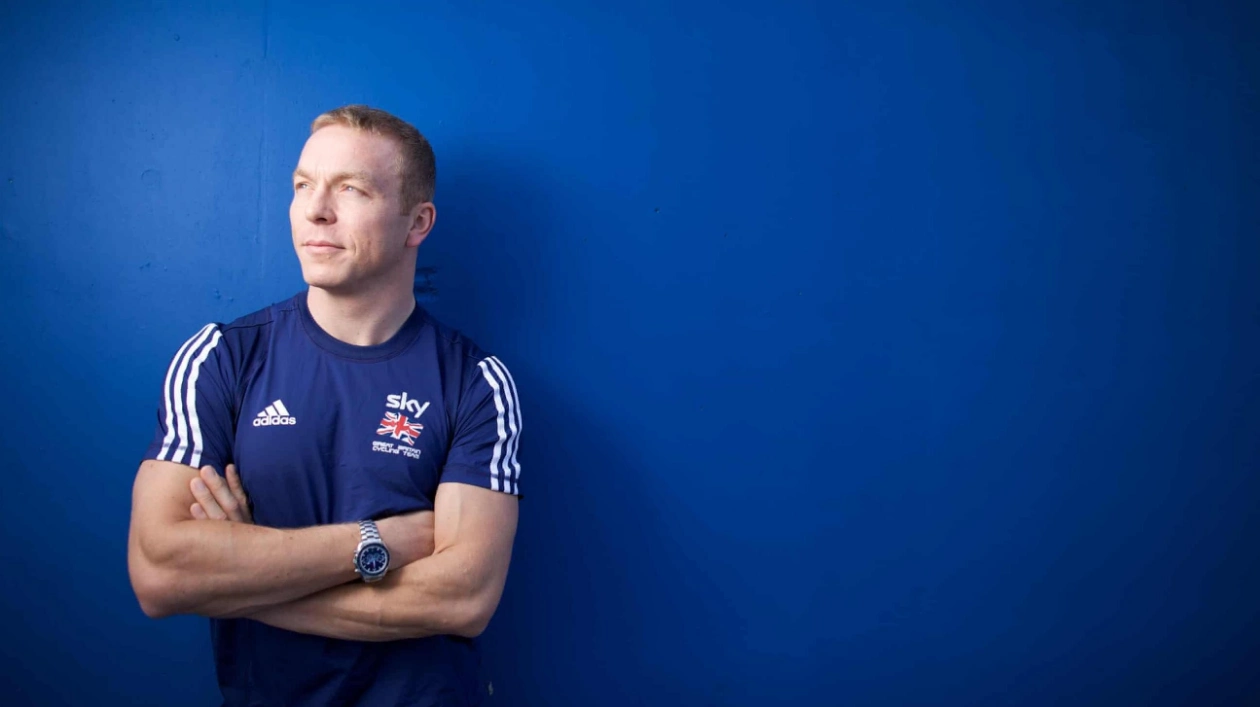In October 2011, Sir Chris Hoy made a light-hearted comment about not buying green bananas at a certain age. This throwaway remark aimed to highlight the challenges and uncertainties of being a 'senior' athlete. At the time, Hoy was 35, seemingly ageless. However, his words now seem grimly relevant following his recent announcement of terminal cancer, with a prognosis of two to four years left to live.
The public has shown overwhelming warmth and admiration for Hoy's handling of his diagnosis, which he revealed in an interview with the Sunday Times. His upcoming memoir, 'All That Matters,' will delve deeper into his journey, including his wife Sarra's battle with multiple sclerosis. Hoy's unwavering courage and the family's acknowledgment of the immense difficulty in processing and communicating their situation underscore his remarkable character. He faces life—and death—with a perspective that is both humbling and inspiring.
This situation echoes the fate of Laurent Fignon, the double Tour de France winner who passed away at 50 from pancreatic cancer. Fignon, known as 'the professor,' accepted his fate with heartbreaking grace: 'I'm not afraid of dying. I just don't want it to happen.' Hoy's relief at having 'enough time' to say goodbye and 'make peace with everything' evokes memories of our mutual friend, writer Richard Moore, who died suddenly in 2022 at 48—the same age Hoy is now.
The harsh realities of life often put the trivialities of winning and losing in sports into perspective. Hoy's response aligns with the image of the grounded individual we saw during his racing years. He always seemed to accept life's ups and downs with stoicism and humility. His determination is unparalleled; for instance, in the lead-up to the London 2012 Olympics, he outlined the sacrifices needed to win medals at 35, including limiting his alcohol intake to just three occasions in ten months.
Hoy's glory years from 2002 to 2012, during which he amassed gold medals in Olympic, world, and Commonwealth championships, barely changed him. He remained free from the trappings of fame, maintaining a rare perspective that likely stemmed from his memories of track cycling before Lottery funding transformed it into a 'medal factory.'
On August 7, 2012, Hoy exited Olympic sport on his terms, winning a gold medal in the keirin final with a thunderous performance. He left as Britain's most decorated Olympian, with six gold medals, three of which he won in a clean sweep at the 2008 Beijing Games.
Despite appearances, Hoy's journey was far from seamless. He faced doubts, setbacks, and injuries, including being dropped from the match sprint title defense in favor of younger rider Jason Kenny. His first gold medal at Athens came despite severe nerves, and he had to reinvent himself when the kilo was dropped from the program.
Hoy's legacy in track cycling is complex. While the British Olympic track cycling team continues to produce world-class athletes and gold medals, exemplified by Katie Archibald and Josie Knight, grassroots track cycling has declined. Reviving this aspect of the sport would be a fitting tribute to Britain's greatest track cycling star.
Source link: https://www.theguardian.com






